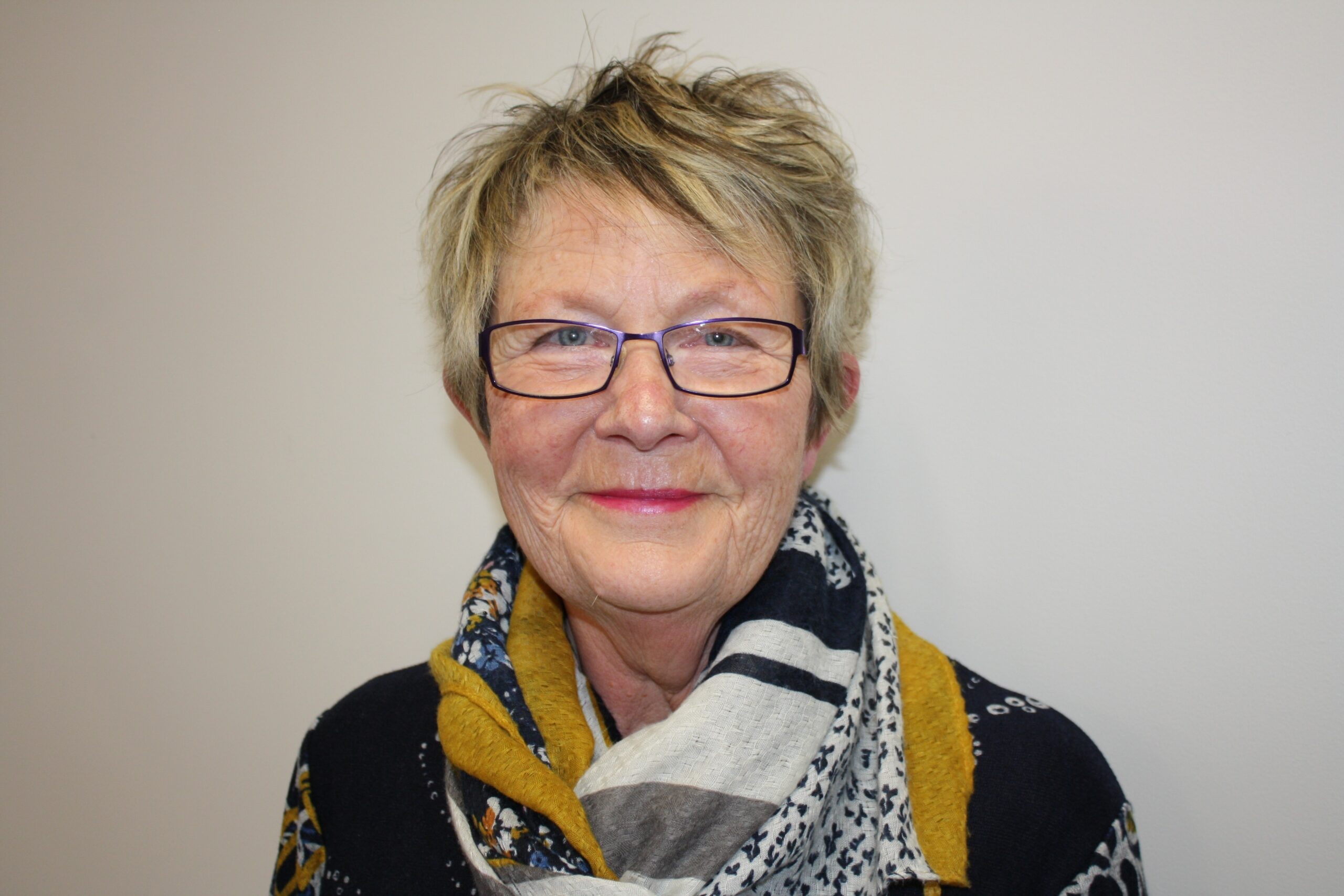From the days of being seen as mere side-kicks, many ENs now work in genuine partnership with registered nurses (RNs). But our scope – which still requires ENs to work “under the direction and delegation of a registered nurse (RN) or nurse practitioner (NP)” — has not yet moved on.
In 1991, a group of nursing leaders involved with a “Vision 2000 project”1 looking at the future of health care amid a major restructure, asked the Nursing Council to review the role of the EN and consider whether it would be relevant in future. They suggested flexible training which recognised prior learning should be developed to assist ENs to gain registration as RNs or midwives. I was training at the time and our class was devastated, wondering what we would do. Yet, some of us ended up having long careers as ENs.
They wanted the role of ENs gone – but despite that, we are still here and we’re here to stay.
Despite our resistance, hospital-based EN training stopped for 10 years but was re-introduced in 2003 by the Labour Government after intense lobbying by NZNO and its Enrolled Nurse Section (ENS). Education has now progressed to become an 18-month New Zealand diploma in enrolled nursing.
They wanted the role of ENs gone – but despite this, we are still here and we’re here to stay.
Since the EN scope of practice was broadened in 2010 to allow us more involvement in the assessment process, a variety of roles have emerged where ENs now work in collaboration with their RN and NP colleagues. In such roles, ENs provide such services as home haemodialysis, care for intubated patients and support for people with mental health and addiction problems in primary health care. ENs can also work as provisional vaccinators — and since the end of May can apply to be fully authorised vaccinators.
In 2019, the ENS surveyed all NZNO’s EN members, receiving a high 57 per cent response rate. One of our questions was about the understanding of the EN scope of practice and its restrictions. Of respondents, 67.6 per cent believed that the most restrictive part of the scope was the requirement to practise under the direction and delegation of the RN or NP. One EN commented: “I think our biggest restriction is lack of understanding of the EN scope of practice and enabling ENs to work to their full potential.”

That comment is true — lately more recognition has been given to health-care assistants (HCAs) who are not regulated yet are being allowed to do more and more. HCAs in some DHBs are being trained to take blood pressure and blood-sugar levels, and carry out electrocardiographs. HCAs in aged care give out medications from blister packs, and can also draw up insulin for diabetic residents.
Meanwhile, the EN is being left behind. Is it the nursing shortage and underfunding that is driving this? I would say yes.
Now, with the Nursing Council’s decision to fully review the EN scope, we are hopefully moving forward into a new era for ENs.
After publishing our survey results in August 2020, our ENS national committee began discussing a potential review of the scope with the Nursing Council. We also discussed a bridging programme for ENs to become RNs without having to complete the three-year bachelor of nursing (BN). (Although some polytechnics do currently give ENs credits in clinical practice for the first year of the BN).
There has also been a lot of discussion regarding the staircase model over the years, which gives HCAs and ENs an achievable pathway to becoming RNs by allowing them to exit and return at any point, as finances and family circumstances allow.
Meanwhile, the EN is being left behind. Is it the nursing shortage and underfunding that is driving this? I would say yes.
The New Zealand diploma in enrolled nursing is provided at eight polytechnics and has a national standardised curriculum – yet ENs throughout New Zealand do not yet have a standardised practice. We are not always allowed to practise to the full extent of our scope — what I can do in Dunedin, an EN may not be able to do elsewhere. For example, some ENs are not allowed to manage admissions and administer medications, although our competencies permit these.
Now, with the Nursing Council’s decision to fully review the EN scope this year, we are hopefully moving forward into a new era for ENs, and the profession of nursing.
We sincerely hope a new scope-of-practice statement will reflect that. We would like to see the complete removal of the wording “under direction and delegation”, and replace it with wording which fully reflects how an EN practises now.
Our suggestion was “the EN works in collaboration and partnership with the RN or NP to deliver nursing care and health education across the life span to health consumers in community, residential or hospital settings”. This statement is not task-oriented but future-focused and forward-thinking for enrolled nursing in Aotearoa. Such a scope allows ENs to not be confused with the unregulated health worker, but recognised as a nursing professional alongside the RN.
See also:
- Enrolled nurses’ scope of practice to be reviewed this year – Nursing Council
- Changes afoot on how IQN competence is assessed – Nursing Council
- Where to now for enrolled nurses?
Robyn Hewlett is outgoing chair of the NZNO Enrolled Nurse Section. She has been involved with the ENS for 26 years, including three spells as chair.
Reference
- Vision 2000 Committee. (1991, March 14-16). Vision 2000: Project 1991: A forum on nursing & midwifery education. Auckland, New Zealand.




